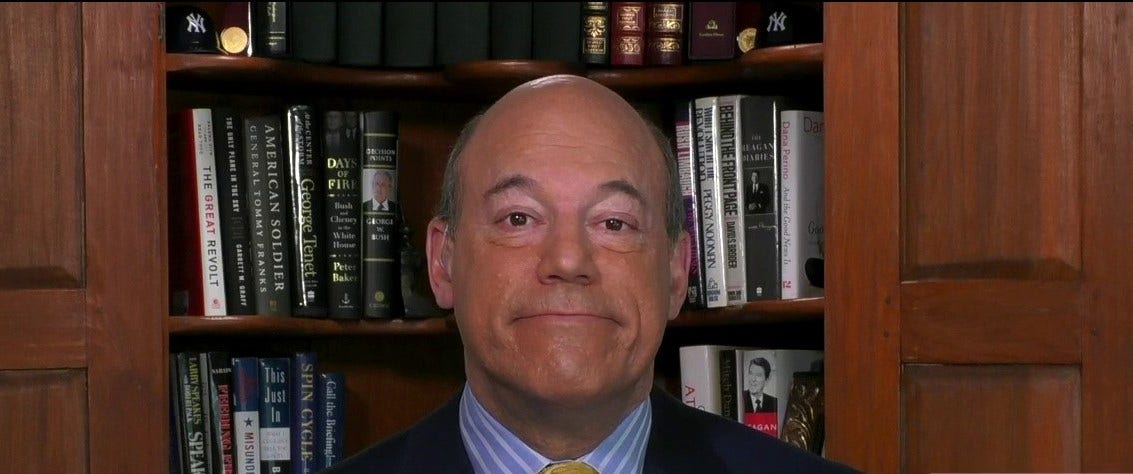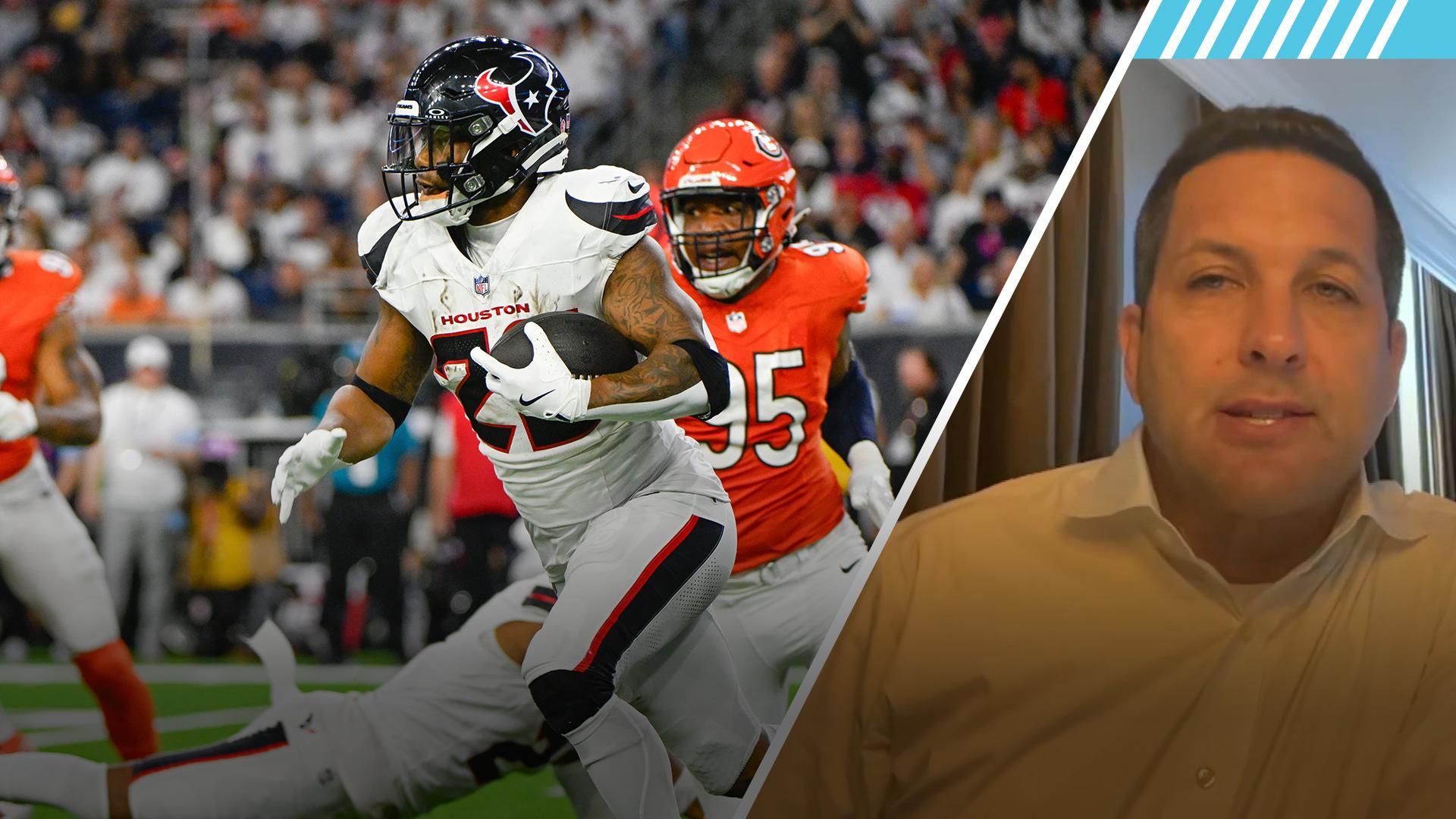Microsoft-Activision Deal: FTC's Appeal And Future Implications

Table of Contents
The FTC's Case Against the Microsoft-Activision Merger
The FTC's lawsuit against the Microsoft-Activision merger centers on antitrust concerns and allegations of anti-competitive practices. The regulatory body argues that the merger would give Microsoft undue market dominance, harming competition and potentially stifling innovation.
-
Reduced Competition and Anti-Competitive Practices: The FTC's core argument rests on the idea that Microsoft acquiring Activision Blizzard would significantly reduce competition in the gaming market, particularly in the console gaming space. This concern is amplified by the sheer size and influence of both companies.
-
Call of Duty Exclusivity Concerns: A major point of contention is the future of Call of Duty. The FTC fears that Microsoft could make the wildly popular franchise exclusive to Xbox consoles and its Game Pass subscription service. This would severely disadvantage competitors like Sony's PlayStation, potentially driving players towards the Xbox ecosystem. This exclusivity could also stifle competition in the subscription gaming market.
-
Harm to Competitors: The FTC argues that making Call of Duty exclusive would significantly harm competitors like Sony and Nintendo, who rely on a multi-platform approach to attract and retain players. This reduced competition, the FTC contends, could lead to higher prices, less innovation, and a diminished overall gaming experience for consumers.
-
Proposed Remedies: Before initiating the lawsuit, the FTC likely explored potential remedies, such as requiring Microsoft to license Call of Duty to competitors or divesting certain Activision Blizzard assets. The failure of these negotiations contributed to the decision to file the lawsuit.
The Judge's Ruling and the FTC's Appeal
A US district court judge dismissed the FTC's lawsuit, a decision that surprised many industry observers. The judge's ruling was based on the conclusion that the FTC failed to present sufficient evidence to prove that the merger would substantially lessen competition.
-
Summary of the Judge's Decision: The judge found that the FTC's arguments regarding Call of Duty exclusivity were not convincing enough to justify blocking the merger. The ruling emphasized the lack of evidence showing that Microsoft would actually make the game exclusive.
-
Reasoning Behind the Ruling: The court’s reasoning focused on the competitive dynamics of the gaming market, arguing that the market is dynamic and that Microsoft's actions would likely be subject to scrutiny from other regulatory bodies.
-
The FTC's Grounds for Appeal: The FTC appealed the decision to the Ninth Circuit Court of Appeals, arguing that the judge misapplied the law and that the evidence presented supported their concerns about reduced competition. The appeal focuses on challenging the court's interpretation of the evidence related to Call of Duty exclusivity and potential anti-competitive practices.
-
Timeline and Implications: The appeal process is expected to take several months, potentially delaying the merger's completion. A delay could significantly impact Microsoft's plans and the overall market.
Potential Outcomes of the FTC Appeal
The FTC's appeal could have several outcomes:
-
Affirmation of the Lower Court's Ruling: The Ninth Circuit could uphold the lower court's decision, effectively allowing the merger to proceed.
-
Reversal of the Lower Court's Ruling: The appeals court could reverse the lower court's ruling, blocking the merger completely.
-
Remand for Further Proceedings: The Ninth Circuit could send the case back to the lower court for further proceedings or clarification.
Each outcome will have profound consequences for Microsoft, Activision Blizzard, and the broader gaming industry. A reversal would establish a significant regulatory precedent, influencing future mergers and acquisitions in the tech and gaming sectors.
Wider Implications for the Gaming Industry and Beyond
The Microsoft-Activision deal has implications far beyond the immediate players involved.
-
Industry Consolidation: The merger represents a significant step towards further consolidation within the gaming industry, raising concerns about a potential lack of diversity and innovation.
-
Cloud Gaming and Subscription Services: The deal's impact on cloud gaming and subscription services like Game Pass is substantial. The inclusion of Activision Blizzard's titles could significantly boost Game Pass's appeal and further solidify Microsoft's position in this burgeoning market.
-
The Evolving Regulatory Landscape: The FTC's appeal highlights the increasing scrutiny of large tech mergers by regulatory bodies worldwide. This case sets a precedent for how regulators approach similar mergers in the future.
-
Future Mergers and Acquisitions: The outcome will influence future mergers and acquisitions, not only within the gaming industry but also in the broader technology sector. It will set a benchmark for how regulators assess the competitive impact of such deals.
Conclusion
The FTC's appeal of the Microsoft-Activision deal represents a pivotal moment for the gaming industry and antitrust law. The outcome will significantly influence the competitive landscape, the future of game distribution, and the regulatory approach to large-scale mergers. The implications extend far beyond Call of Duty and touch upon the future of gaming subscriptions, cloud gaming, and the very definition of fair competition in the digital age.
Call to Action: Stay informed about developments in the Microsoft-Activision deal and the FTC's appeal. Understanding the implications of this landmark case is crucial for anyone interested in the future of the gaming industry and the evolving dynamics of tech mergers and acquisitions. Follow the latest news and analysis on the Microsoft-Activision deal to stay updated on this critical development.

Featured Posts
-
 Rehired After Layoff Navigating The Offer And Making The Right Decision
Apr 26, 2025
Rehired After Layoff Navigating The Offer And Making The Right Decision
Apr 26, 2025 -
 2700 Miles From Dc How Trumps First 100 Days Affected A Rural School
Apr 26, 2025
2700 Miles From Dc How Trumps First 100 Days Affected A Rural School
Apr 26, 2025 -
 Exclusive Report Internal Conflict And Polygraph Tests Rock The Pentagon Hegseths Response
Apr 26, 2025
Exclusive Report Internal Conflict And Polygraph Tests Rock The Pentagon Hegseths Response
Apr 26, 2025 -
 Is Ahmed Hassanein Egypts Hope For An Nfl Draft Breakthrough
Apr 26, 2025
Is Ahmed Hassanein Egypts Hope For An Nfl Draft Breakthrough
Apr 26, 2025 -
 Trumps Stance On Banning Congressional Stock Trading A Time Interview
Apr 26, 2025
Trumps Stance On Banning Congressional Stock Trading A Time Interview
Apr 26, 2025
